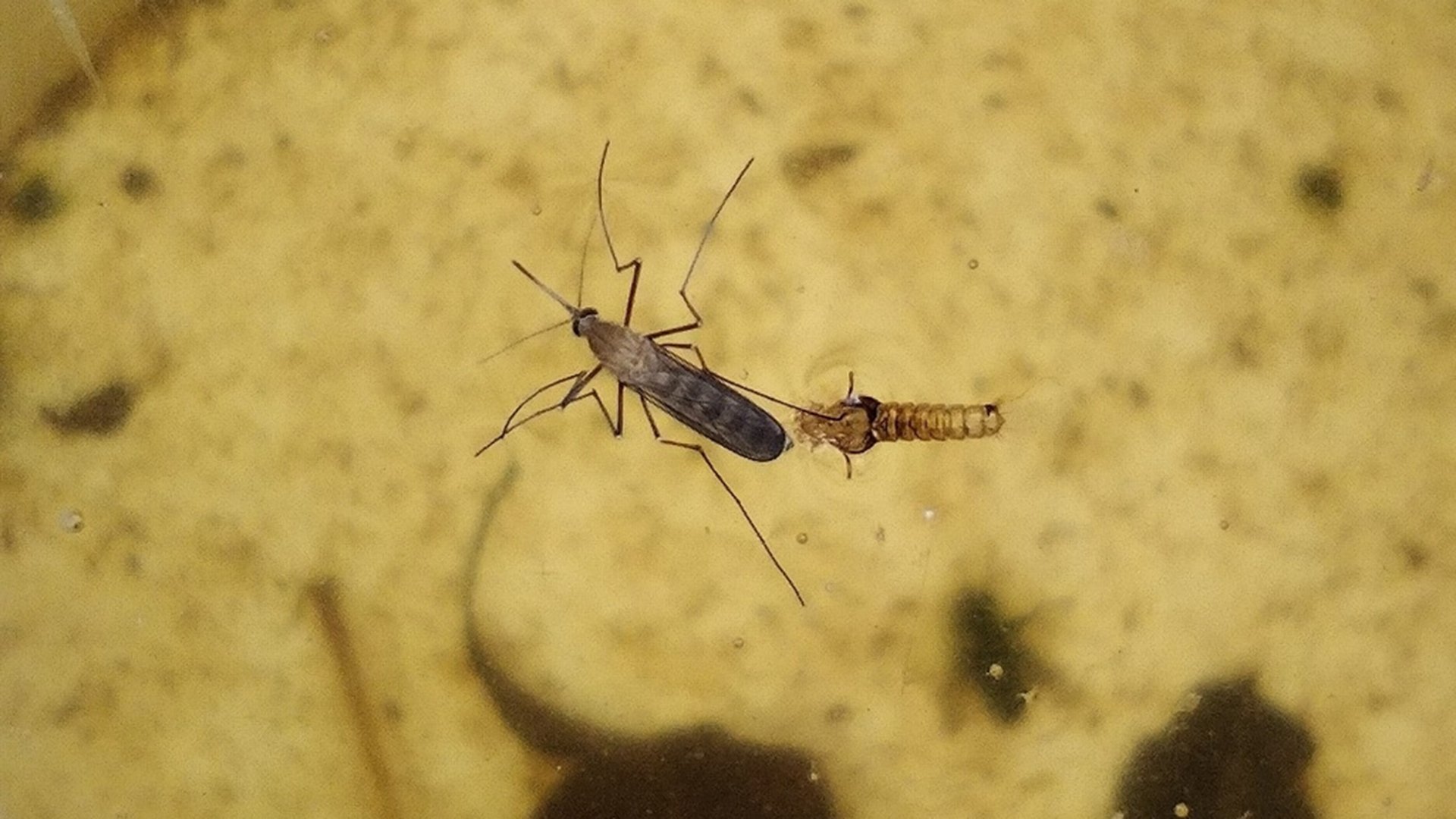
Mosquito Management
Learn About Our Mosquito Management Program
2025 West Nile Virus Monitoring
The Forest Preserve District ended its monitoring program for 2025 on Oct. 24.
Forest Preserve District Results
Week of Oct. 20
0
positive mosquito batches
Year-to-Date
29
positive mosquito batches
DuPage County Health Department
Year-to-Date
219
positive mosquito batches
Year-to-Date
13
human cases
Illinois Department of Public Health
Year-to-Date
3,960
positive mosquito batches
120
human cases
25
positive animals
Fight the Bite
Here are some simple, common sense precautions people can take to avoid mosquito bites and protect themselves against West Nile virus:
- Avoid being outdoors when mosquitoes are most active, especially between dusk and dawn.
- When outdoors, wear shoes and socks, long pants and a long-sleeved shirt, and apply insect repellent that includes DEET, picaridin, oil of lemon eucalyptus or IR 3535 according to label instructions. Consult a physician before using repellents on infants.
- Make sure doors and windows have tight-fitting screens. Repair or replace screens that have tears or other openings. Try to keep doors and windows shut, especially at night.
- Eliminate all sources of standing water that can support mosquito breeding, including water in bird baths, ponds, flowerpots, wading pools, old tires and any other receptacles. In areas outside of Forest Preserve property, contact your municipal government to report stagnant water in roadside ditches, flooded yards and similar locations that may produce mosquitoes.
- Public health officials believe that a hot, dry summer could increase mosquito activity and the risk of disease from West Nile virus.